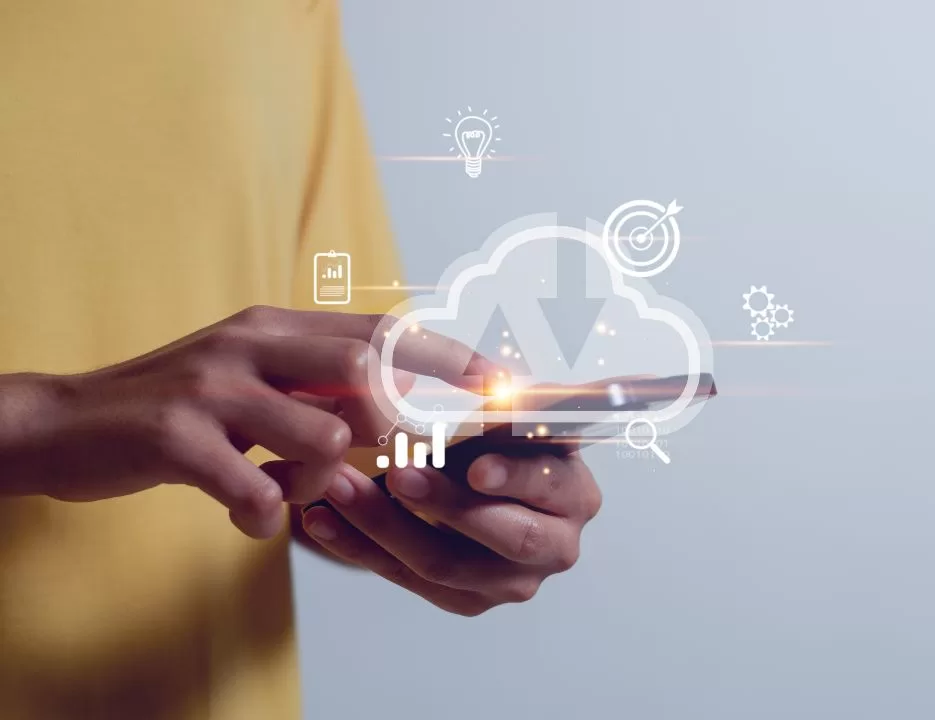
In the constantly evolving business scenario, the incorporation of innovative technologies has become imperative for the survival and prosperity of organizations. I recently saw a survey by Twilio Segment, the Growth Report, which highlights the role of Artificial Intelligence (AI) in the marketing strategies of Brazilian companies, which states that 98% of companies in Brazil are currently exploring the potential of AI in marketing channels .
This data not only reflects the rapid adoption of this technology, but also signals a significant shift in companies’ approach towards personalization, automation and effectiveness in their marketing initiatives.
In digital marketing, Artificial Intelligence emerges as a transformative tool, redefining the way companies connect with their audiences. In particular, the integration of AI into mobile marketing has emerged as a catalyst for personalization, automation and efficiency.
AI in data analysis, process automation and personalization of experiences not only simplifies marketing operations but also empowers companies to connect in deeper and more meaningful ways with their target audiences. Artificial Intelligence’s unique ability to interpret complex patterns and extract valuable insights gives us a strategic advantage, enabling organizations to make informed decisions and customize their approaches to meet dynamic market demands.
Personalization at scale is also a fundamental strategy driven by Artificial Intelligence in marketing, especially in the context of mobile. By adopting it for personalization, companies are able to dynamically adapt their marketing messages, taking into account users’ individual behavior and preferences. This not only increases the relevance of interactions, but also strengthens customer engagement and loyalty.
This personalization happens through advanced machine learning algorithms, which analyze large sets of data in real time, identifying behavior patterns and specific preferences for each user. Based on these insights, marketing messages are automatically and personalizedly adjusted to meet individual needs. The approach goes beyond simple demographic segmentations, achieving deeper and more dynamic personalization.
Another important point is the use of AI in optimizing specific campaigns for mobile devices, offering a series of advantages that boost the effectiveness and relevance of marketing strategies. It can optimize and drive mobile-specific campaigns by offering real-time analytics, dynamic personalization, efficient automation, and predictive capabilities. By incorporating them into mobile marketing strategies, companies can achieve more impactful results, providing a more personalized and relevant experience for mobile device users.
What’s more, AI is transforming mobile marketing, providing companies with powerful tools to stand out in a highly competitive environment. By adopting AI-based strategies, organizations can personalize their approaches, automate processes and predict trends, ensuring more meaningful and lasting engagement with users on mobile devices. The future of marketing belongs to those who embrace artificial intelligence as a strategic ally in their campaigns.
*Fernanda Faria has more than ten years of experience in B2B companies and, in November 2022, joined the Rocket Lab team in Brazil as director of Customer Success.
Source: https://www.mundodomarketing.com.br/a-adesao-da-inteligencia-artificial-no-mobile-marketing/


